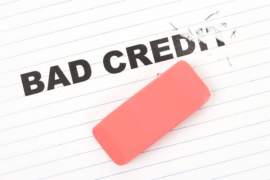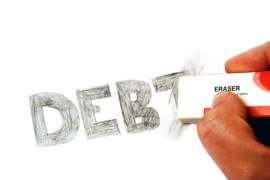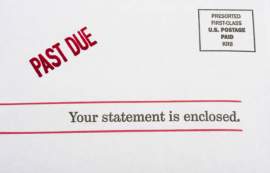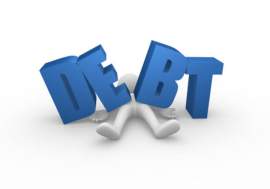
What You Need to Know about Debt Order

What is Debt Order?
Debt Order is defined as the restructuring and reorganization of the individual debt in possession of the debtor in questions; while the nature of debtors may range from private, consumer debt to commercial and federal debt, a multitude of debt order resources exists in order to assist individual debtors in their respective efforts to achieve debt relief.
Debt Order – oftentimes referred to as ‘Debt Adjustment’ will typically take place in the event that an individual or entity has found himself or herself to be in a state of financial insolvency:
Debt Order through Consolidation
Individuals seeking debt order through debt consolidation may be allowed the opportunity to combine the entirety of their respective debt into a single debt requiring repayment:
Within the realm of debt management and financial assessment concerning the terms and conditions of the process of Debt Order, the analysis of the nature of the debt requiring order typically ranges between Secured and Unsecured Debt
Secured Debt is debt incurred through the furnishing of collateral on the part of the debtor, examples of which are mortgages and car payments - Unsecured Debt is debt incurred absent of secured backing, which typically consist of consumer and credit card debt
Debt Order through Settlement
Debt Order achieved through debt settlement allows an individual or entity to relieve them of individual debt through a repayment plan that has been adjusted with regard to the gross amount of debt requiring satisfaction:
In certain cases, this type of settlement will allow for decreased gross amount for repayment, which will vary between the requirement for immediate payment and a structured, scheduled payment plan
Other circumstances may result in the organization of a repayment plan through Debt Order requiring the debtor furnish smaller payments over the course of the life of the debt in question
Debt Order through Bankruptcy
Bankruptcy is a legal instrument defined as a financial state within which the respective debts belonging to an individual or entity exceed the gross valuation of assets, monies, and property in their possession; in the event that an individual debtor has been made aware that filing for bankruptcy is the most viable option of debt order available to them, they are encouraged to undertake the hiring of legal counsel:
An attorney specializing in both debt resolution and bankruptcy should ensure that the adherence to this legal process is managed properly; the adherence to bankruptcy legality and protocol is of the utmost importance – mistakes, oversights, and misfiling can prove to be costly for the individual not versed in debt management and resolution
Although the prospect of spending money in the midst of bankruptcy may appear to be counterintuitive at first glance, this type of debt order process through bankruptcy involves stringent legal protocol and practices
Attorneys may be available for hire on the basis of a sliding scale in order to meet your financial needs and abilities; in other cases, pro-bono and non-profit legal assistance may be made available to eligible applicants with regard to the investigation process of Debt Order resources



















